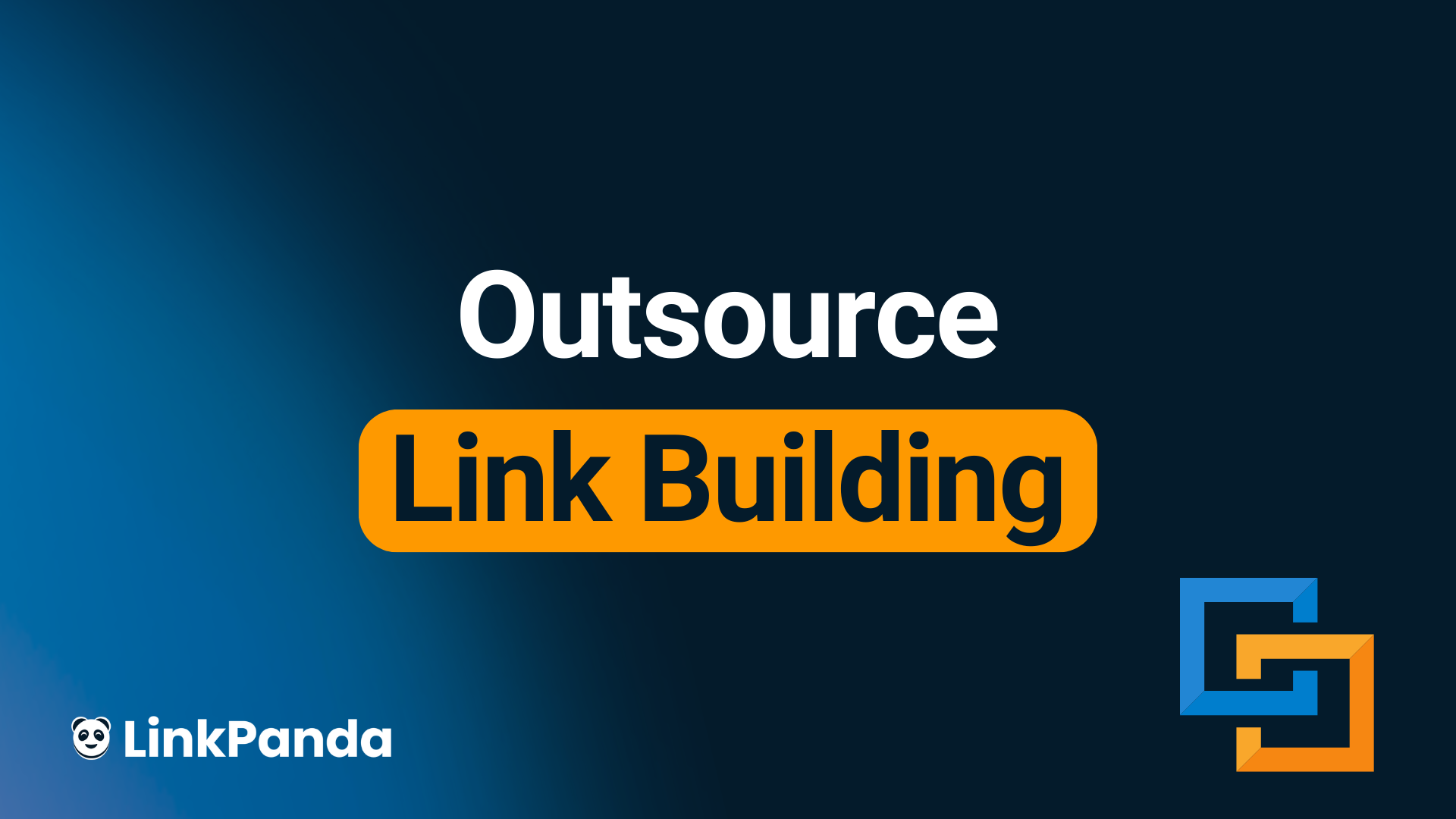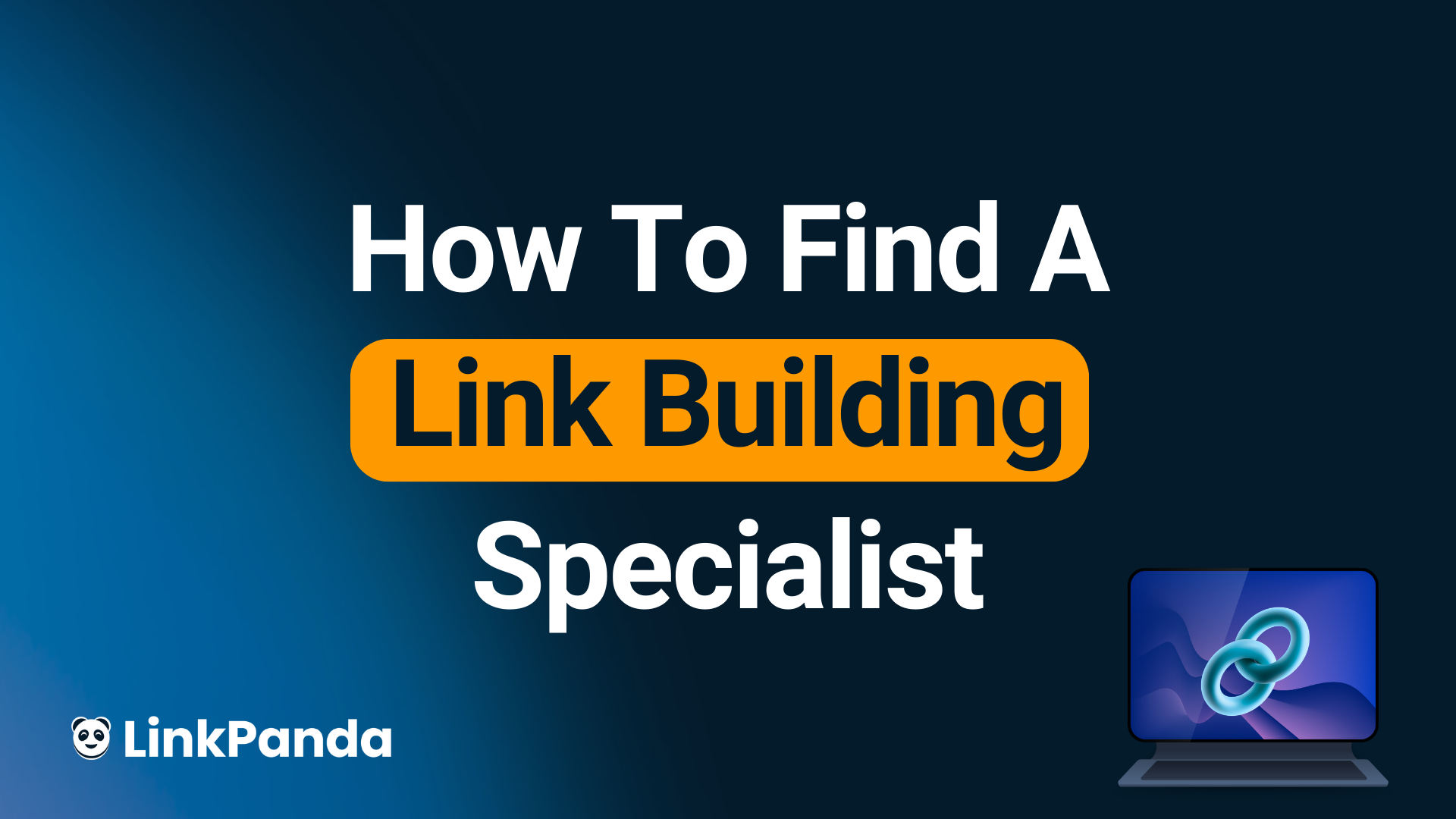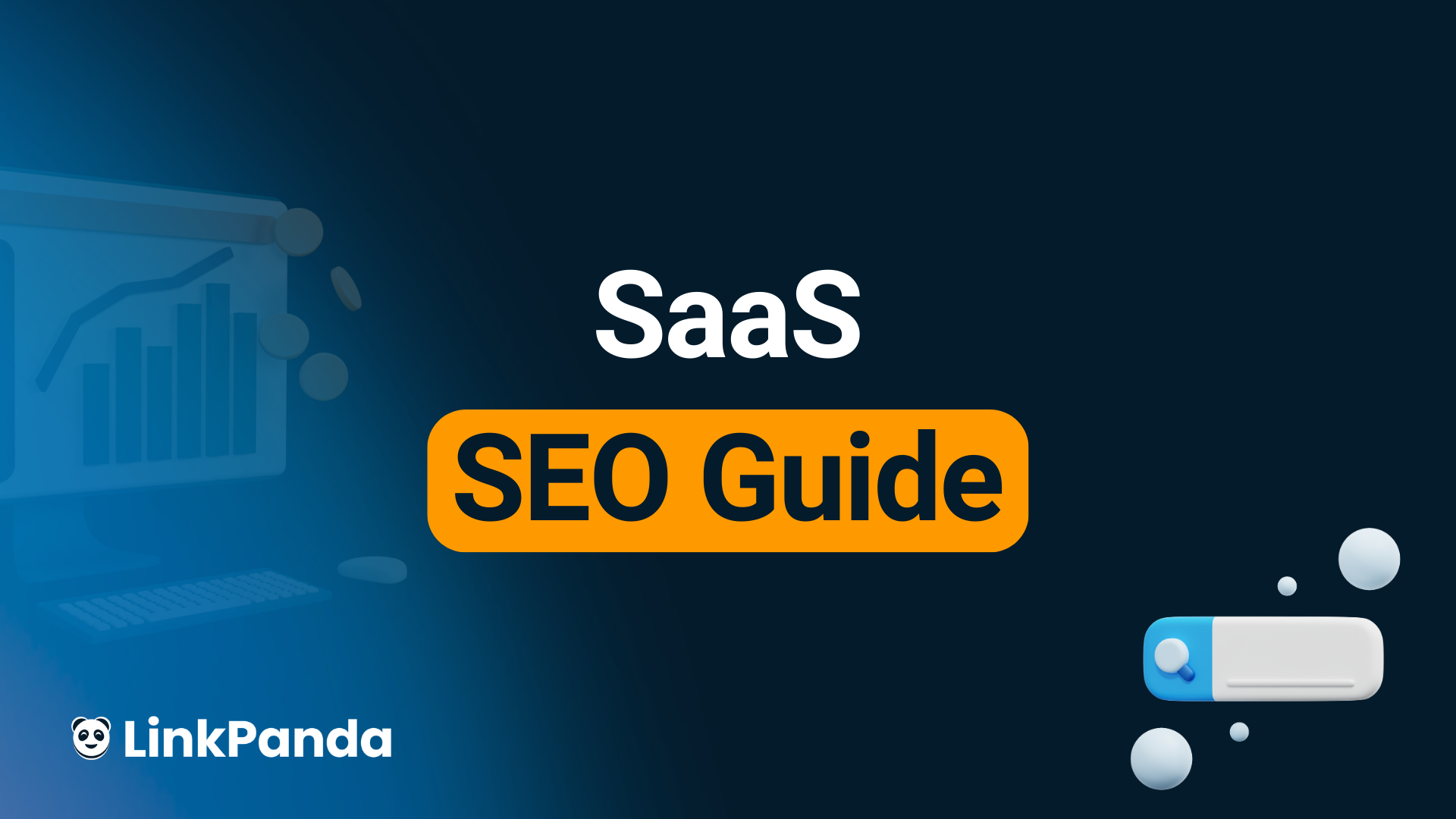Moving Towards Generative Search Engine Optimization (GEO)
Shifting Focus: From Link Mentions to Text Mentions and Expanding Your Reach Across Diverse LLM Search Platforms
The SEO landscape is shifting beneath our feet. Traditional backlink building, long the cornerstone of organic search success, is evolving as generative AI-powered search engines like ChatGPT and Bing’s AI integration: Reshape how information is discovered and ranked. Welcome to the era of generative search optimization (GEO).
Link Mentions vs. Text Mentions: What’s Changing?
Historically, SEO focused heavily on backlinks. These are link mentions with hyperlinked anchor texts pointing to your site from other domains. These backlinks signaled authority, relevance, and trust to search engines like Google. But with the rise of large language models (LLMs) and AI-driven search experiences, text and brand mentions, brand or product mentions in natural, context-rich sentences are gaining new prominence.
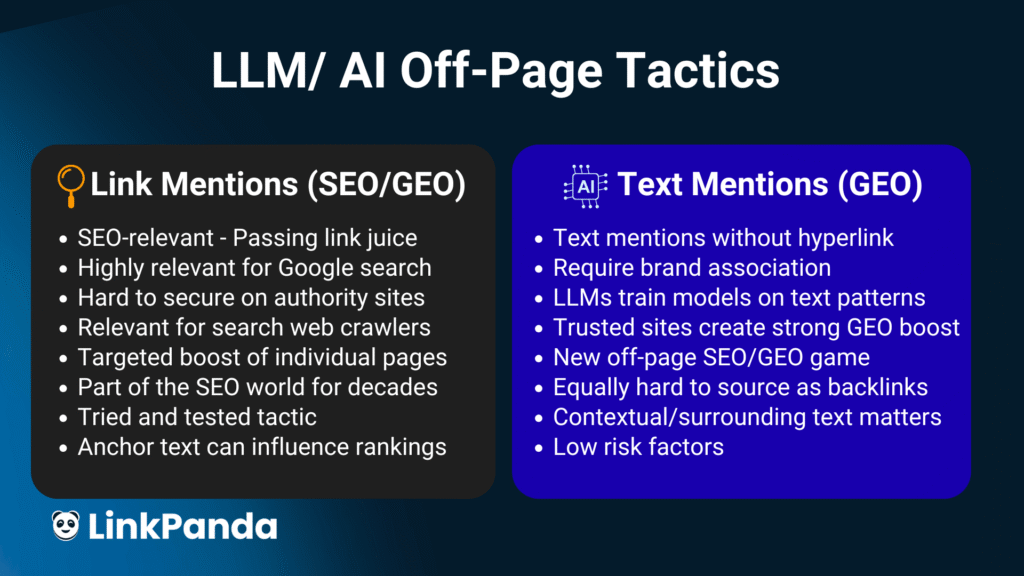
Why? Because generative AI models don’t just crawl the web looking for links. Instead, they parse patterns of text mentions across trusted sources. During their training, these models learn to associate brands, products, and expertise through the frequency and context of mentions even when there’s no direct hyperlink.
Full Comparison Table: Link Mentions vs. Text Mentions
In today’s evolving SEO landscape, both link mentions and text mentions play important roles in off-page and AI SEO/ GEO-targeted strategies. While backlinks have long been the cornerstone of traditional SEO, unlinked text mentions, especially from authoritative and geo-relevant sources, are emerging as influential signals in search. This shift is driven in part by AI-powered models that better understand language, context, and brand association.
The table below compares the key characteristics, SEO implications, and strategic value of link mentions and text mentions within the context of GEO and off-page SEO.
Link Mentions🔗
- Definition: Mentions of your website or brand with an actual hyperlink passing “link juice” to your site.
- SEO Relevance: Highly SEO-relevant; passes authority and ranking signals (“link juice”) to Google and other search engines.
- Importance for Google: Critical and well-established ranking factor for Google search.
- Difficulty: Difficult to secure, especially on authoritative, trusted, geo-relevant sites.
- Role in Off-Page: Tried and tested tactic for decades; cornerstone of traditional SEO strategies.
- Influence: Anchor text and link placement influence keyword rankings and page authority.
- Crawlers: Relevant for search crawlers; helps discover and index pages efficiently.
- Measurement: Backlink analysis tools (Ahrefs, Moz, SEMrush) track link quantity, quality, and anchor text.
- Risk: Risk of penalties if links come from spammy, irrelevant, or manipulative sites.
- Strategic Value: Provides direct ranking boosts; essential for domain authority and page-level ranking.
- Evolution in SEO: Established cornerstone of SEO practice since early days of search engines
Text Mentions 💬
- Definition: Mentions of your brand or keywords in text without any hyperlink.
- SEO Relevance: Newer off-page SEO factor; doesn’t pass direct link equity but helps build brand association and relevance.
- Importance for Google: Increasingly important, especially with LLMs and AI models trained on vast text data.
- Difficulty: Equally hard to source as backlinks due to the need for brand mentions in trusted GEO contexts.
- Role in Off-Page: Entirely new off-page SEO “game” evolving with AI and NLP technologies
- Influence: Contextual and surrounding text matters more; brand association and topical relevance are key.
- Crawlers: Does not aid crawlability directly but influences semantic understanding and brand trust.
- Measurement: Brand monitoring and mention tracking tools measure frequency and context of unlinked mentions
- Risk: Low risk; however, unlinked mentions without growth in backlinks may have limited SEO impact.
- Strategic Value: Builds brand trust and awareness; indirectly supports SEO by increasing chances for future backlinks.
- Evolution in SEO: Emerging as an important signal with AI-powered search and LLM understanding of text and context.
Summary:
Link Mentions remain a foundational SEO strategy delivering direct, measurable ranking benefits via link equity and anchor text, particularly powerful in geo-targeted local SEO when sourced from authoritative local sites.
Text Mentions represent an emerging frontier in off-page SEO, especially important as search engines leverage AI and large language models (LLMs) that understand and value brand mentions within context, boosting geo-local relevance and brand trust without needing a hyperlink.
Incorporating AI-relevant Link Building: The LinkPanda Quadrant
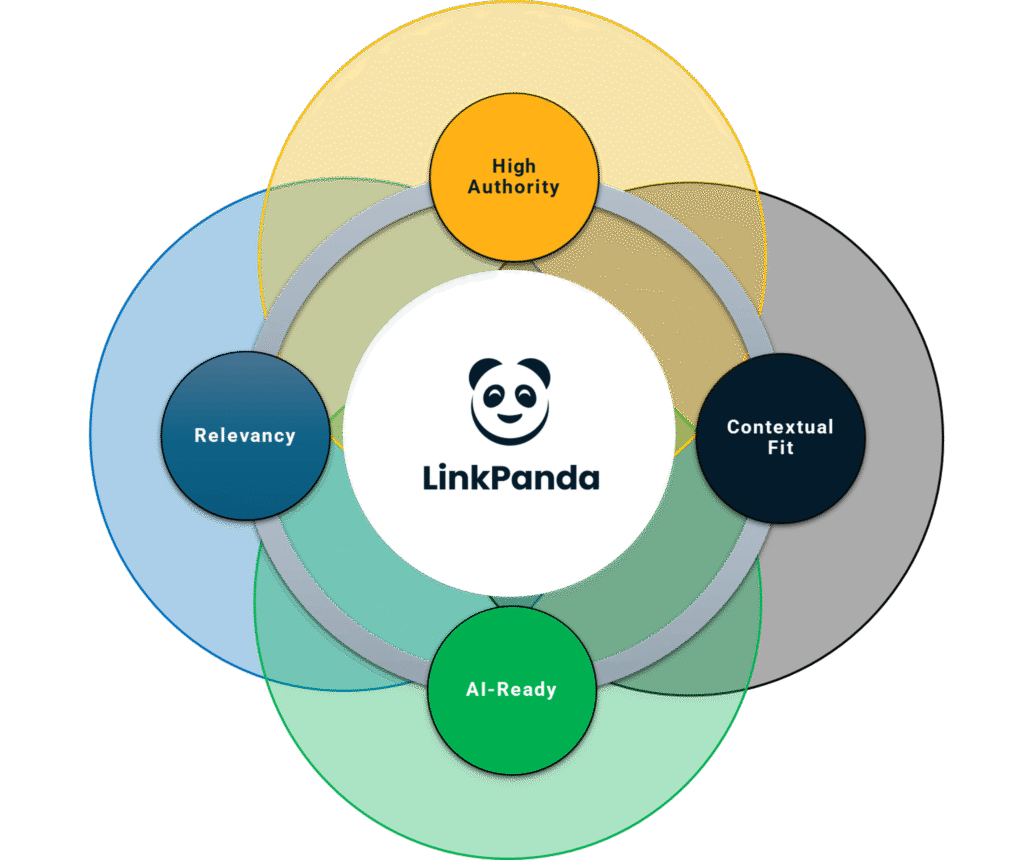
Built for Traditional Search and AI.
The Authority Link Quadrant is our four-part framework rooted in Authority, Relevancy, Context, and AI-Readiness. We built links that cover all 4 relevant SEO and GEO angles.
Where traditional SEO stops, we go further. Our links are structured for semantic clarity, recognized by language models, and mapped for geo-specific visibility. They are not just backlinks. They are AI signals that position your brand for the future of search.
Authority (DR)
Placed on a top-tier industry publication with real traffic and editorial oversight.
Relevancy
The article covers your exact service niche, aligning perfectly with your offering.
Context
Your brand is naturally referenced within a helpful paragraph.
AI-Readiness
The surrounding content includes clear semantic signals and structured language.
For Visibility in AI, Be Cited – Not Just Visited
AI systems like Google’s AI Overviews and ChatGPT browsing mode rely on trusted, high-quality, easily parseable content when generating answers. So, the visibility of your source (website or brand) both in structure and authority determines whether you get cited or ignored.
The following graphic shows the most mentioned brands in Google AI Overviews, ChatGPT and Perplexity. (Source: Ahrefs)
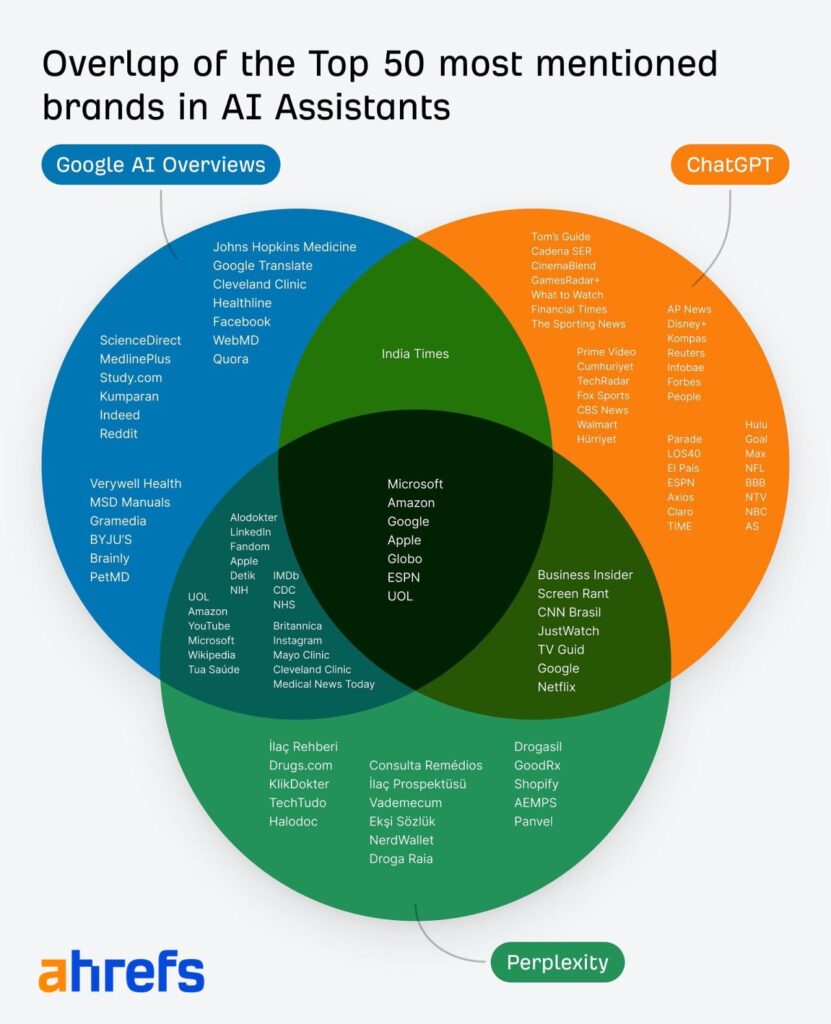
Overlap of the Top 50 most mentioned brands in AI Assistants (by Ahrefs Research)
1. AI Overviews (Google)
AI Overviews pull from a very limited set of sources:
High-authority sites (e.g., Healthline, Investopedia, NYT)
Clear, well-structured content (e.g., FAQ formats, bullet points, schema)
Pages with clear attribution, authorship, and expertise.
2. ChatGPT and other LLMs
When ChatGPT, other LLMs (with browsing) or Bing Copilot responds with sourced answers:
It prefers clear, focused answers on a single page
Uses easily crawlable, low-noise pages
Relies on trusted domain reputation and semantic relevance
- Similar to Google, it commonly cites certain trusted sources in which your brand should appear via text mentions.
What This Means for Your SEO Strategy
If you want to optimize for LLMs and generative search:
Focus on brand mentions with or without links in widely-read, authoritative sources. Getting cited in trusted communities and platforms matters more than ever.
Ensure your name, product, and expertise appear naturally in rich, context-heavy sentences. It’s not just about the mention, but the meaningful narrative around it.
Recognize that text mentions and backlinks often work best in tandem, but a powerful text mention alone can be a valuable signal to AI engines.
Expanding Our Link Building Approach
At LinkPanda, we’re adapting alongside these trends. While traditional backlink acquisition remains critical, we’re now enhancing our offerings with LLM-optimized text mentions:
These mentions are keyword-rich brand references crafted to be easily recognized and valued by large language models.
We prioritize high-impact platforms frequently cited in AI training data like Reddit, Quora, and other authoritative community hubs.
Our approach blends backlinks with contextual mentions, creating a richer digital footprint that AI and traditional search engines both appreciate.
Additional Generative SEO Trends to Watch
Website Optimization with Schema Markup: Structured data (Schema code) helps generative engines understand your site better, improving your chances to appear in AI-generated answers.
Bing Webmaster Tools & IndexNow: Configuring these tools is becoming essential for rapid indexing and visibility in AI-powered Bing and ChatGPT search results.
FAQ Sections for Answer Engine Optimization (AEO): Clear, concise FAQs on homepages and key product pages cater directly to AI’s answer-generation logic.
AI-Relevant Backlinks on DR50+ Sites: Whether text mentions or links, being referenced on high-authority sites boosts both traditional and generative SEO signals.
What Role Do Text Mentions Play for You?
As organic search increasingly blends into generative search across platforms, text mentions are becoming a cornerstone of SEO success. Have you started measuring and optimizing your brand’s presence through text mentions? How are you adapting your content and outreach strategies for this new paradigm?
Closing Thoughts
The SEO world is entering an exciting phase, one where the interplay between human language and AI comprehension takes center stage. By embracing both traditional backlinks and the power of contextual text mentions, marketers and websites can thrive in this evolving landscape.
Want to learn how to future-proof your link building with LLM-optimized text mentions? We’re here to help you navigate the next frontier of SEO.
About The Author

Christopher Lier
Christopher is an experienced Search Engine Optimization (SEO) marketer and digital marketing specialist. He is Co-Founder of LinkPanda and leads the marketing and sales teams. Mostly known as a Software-as-a-Service co-founder of LeadGen App, he has helped grow the website to become a renowned player in the lead generation space with steadily growing user base and readership.
